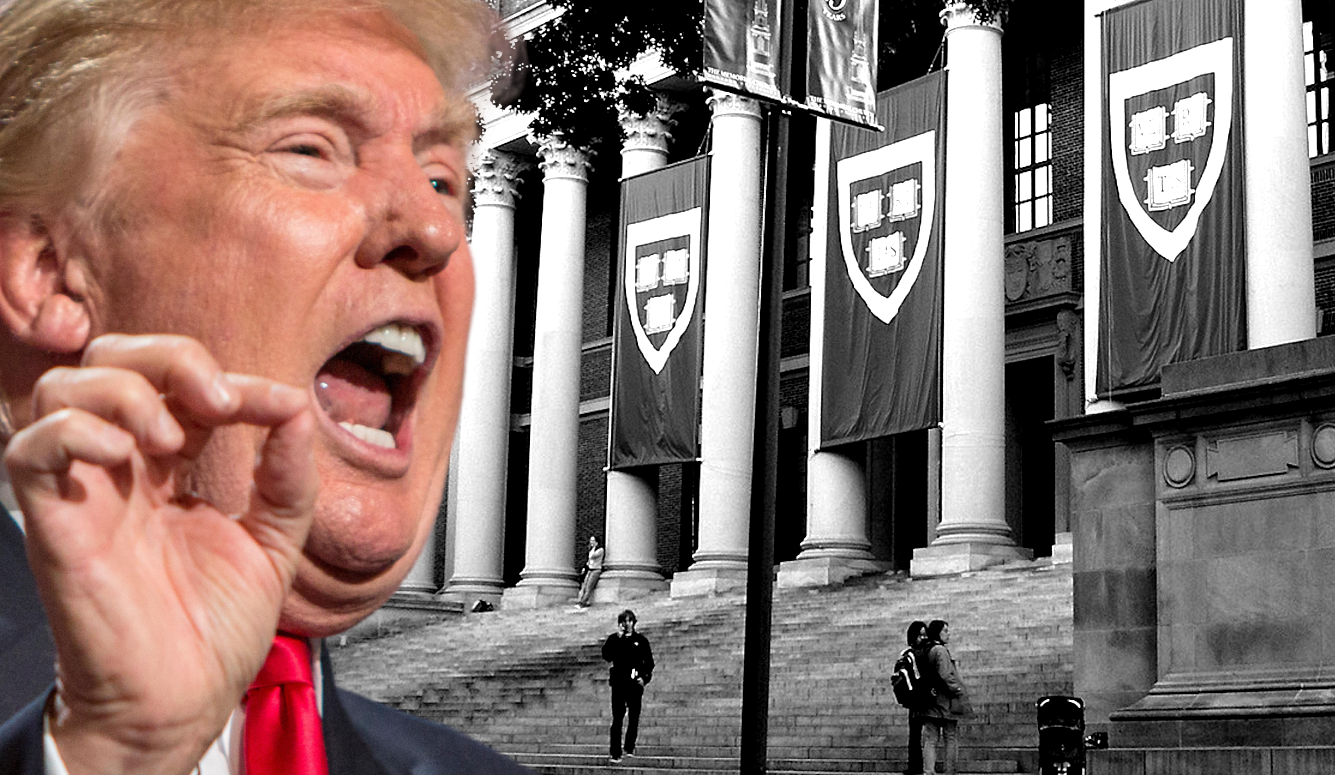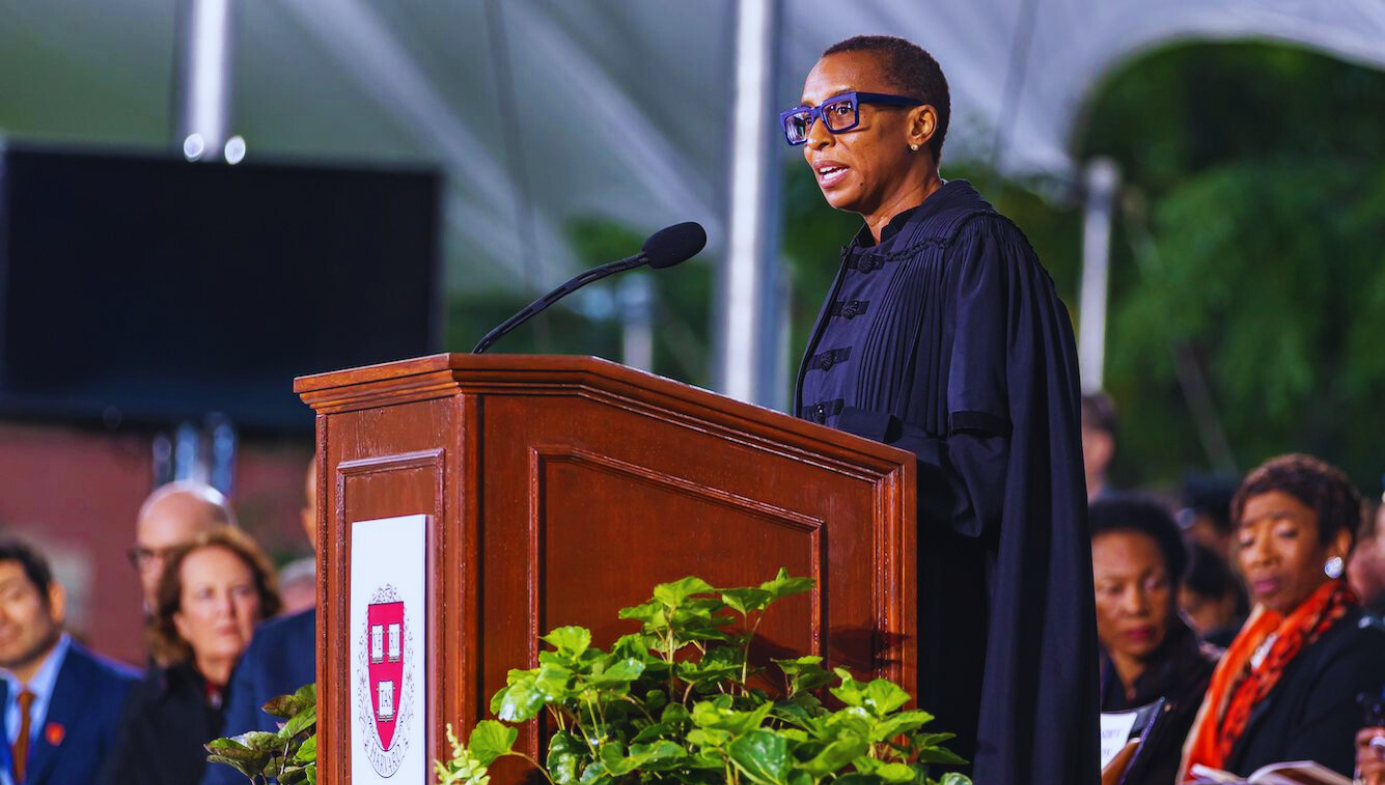
The Trump administration has declared war on American universities, threatening at least eight of them with drastic financial cuts if they do not meet its list of demands. These demands include requirements for more meritocratic admissions practices, the abolition of DEI (Diversity, Equity, and Inclusion) policies, and stronger action to counter campus antisemitism. Nearly all of the targeted universities are elite private schools, which suggests an element of class-based resentment against institutions seen as treacherous nests of radical progressive ideology.
The most recently and comprehensively targeted university is also the most prestigious. The Trump administration is threatening to strip Harvard of US$2 billion in funding and US$60 million in contracts if it does not comply with demands set forth in a letter sent to the university on 11 April. Those demands represent an astonishing level of intrusion by executive government into the academic and intellectual independence of universities and they must be vigorously contested. Universities have serious internal problems, including some of those identified by the Trump administration, but this authoritarian cure is likely to be worse than the disease.







